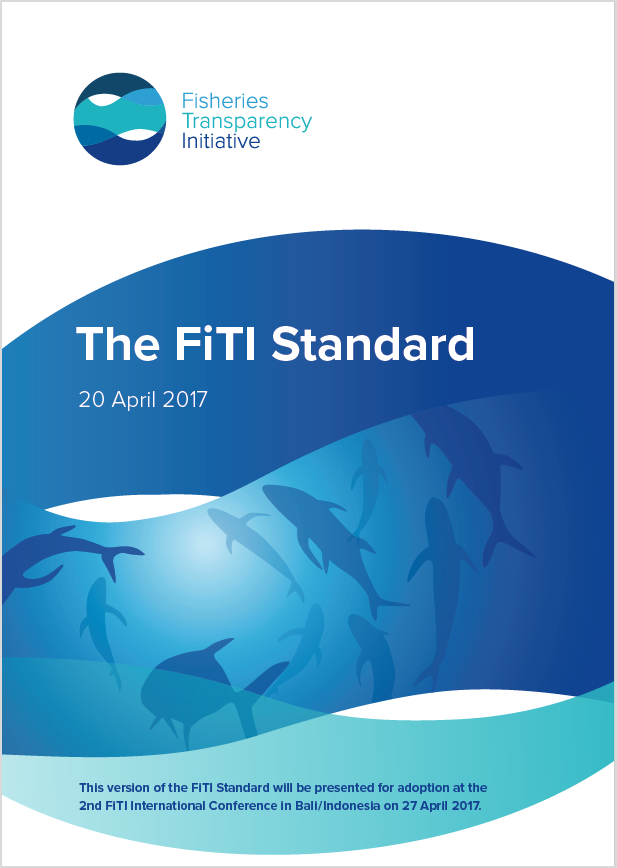FiTI Standard now ready for Adoption at 2nd FiTI Conference in Bali (27 April 2017)!

Based on the outcomes of the stakeholder consultation, the FiTI International Secretariat has now finalised the first version of the FiTI Standard (Version 20 April 2017). This version will be presented for adoption at the 2nd International Conference of the FiTI, which will take place in Bali on 27 April 2017.
The FiTI International Secretariat has been pleased to receive various comments from all stakeholder groups on the Draft FiTI Standard during the Consultation period which took place between 6 March 2017 end 19 March 2017. The purpose of the consultation was to give stakeholders the opportunity to provide final comments, identify areas for further clarification and suggest additional improvements.
This process has been very useful in highlighting points requiring further clarification or amendments to ensure that the Standard is comprehensible and applicable to all countries.
In addition to clarifications on wording and nomenclature, the following feedback has been incorporated into this final version:
Progressive improvement: Some feedback suggested that this key principle of the FiTI was not clearly articulated in the draft version of the Standard (6 March 2017). This has been further specified now in section B.1, outlining that any country can implement the FiTI, including those where resources for collating information are limited.
In brief, the FiTI Standard requires that implementing countries must provide accessible and complete information on the fisheries sector in the public domain (i.e. online) according to 12 transparency requirements. However, in case such information does not exist, because it has not been collated so far by national authories, the FiTI does not require to conduct extensive primary research. Instead, a country can become compliant if this status is shown in their FiTI Report and it stays compliant if the country demonstrates progressive improvement in collating and publishing this information over time. The same logic applies to information that is already provided in the public domain, but is perceived by the National Multi-Stakeholder Group as inaccessible and/or incomplete.
Purpose and scope of the FiTI Report: It was noted that in the draft version of the Standard (6 March 2017) the FiTI Report could be perceived as a complex and time-consuming endeavor for implementing countries. Therefore, the purpose and scope of the FiTI Report has been further clarified in this version now (section B.2).
In brief, the FiTI Report is primarily an assessment of transparency, i.e. confirming that information published by the authorities is complete and accessible. It also summarises information where this is already in the public domain. FiTI Reports should therefore not be considered as a stand alone source of information on fisheries. However, where information is not published by national authorities, or the published information is perceived as incomplete or inaccessible, the FiTI Report will attempt to provide this information. But this should only be an interim measure – national authorities must rectify problems in their own systems, not rely on FiTI to publish their data.
Basic Transparency Requirements: The initial differentiation between basic transparency requirements and transparency elements appeared to be confusing and to certain degrees overlapping. This has been corrected and all transparency requirements are now listed in one comprehensive section of the FiTI Standard (section B.1).
In total, there are 12 transparency requirements on which implementing countries must provide an assessment on the availability, accessibility and completeness of information.
The FiTI International Secretariat would like to take the opportunity and thank all contributors for their efforts and time!
We are looking forward to the adoption of the first FiTI Standard at the 2nd FiTI International Conference, allowing countries from all over the world to start implementing the FiTI.